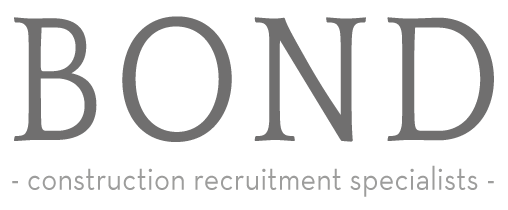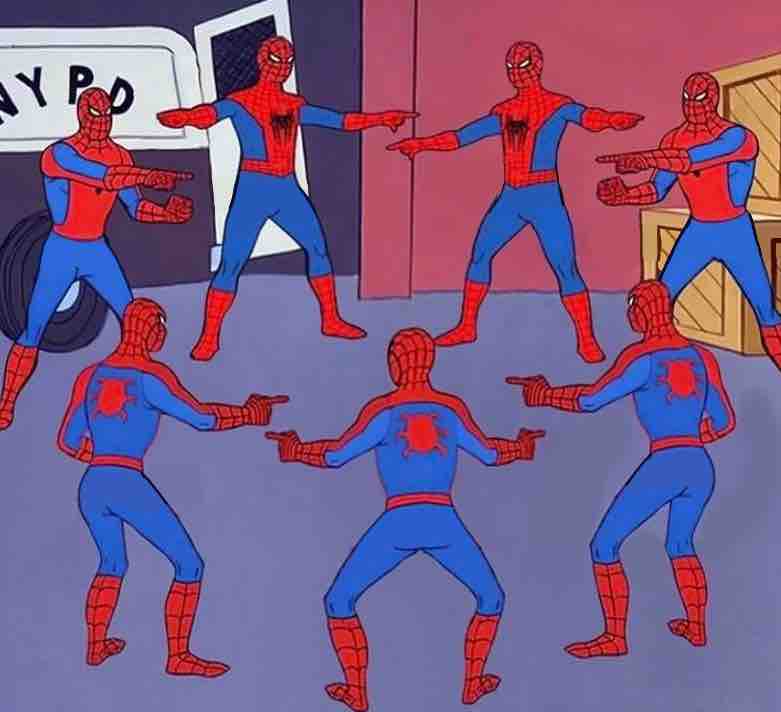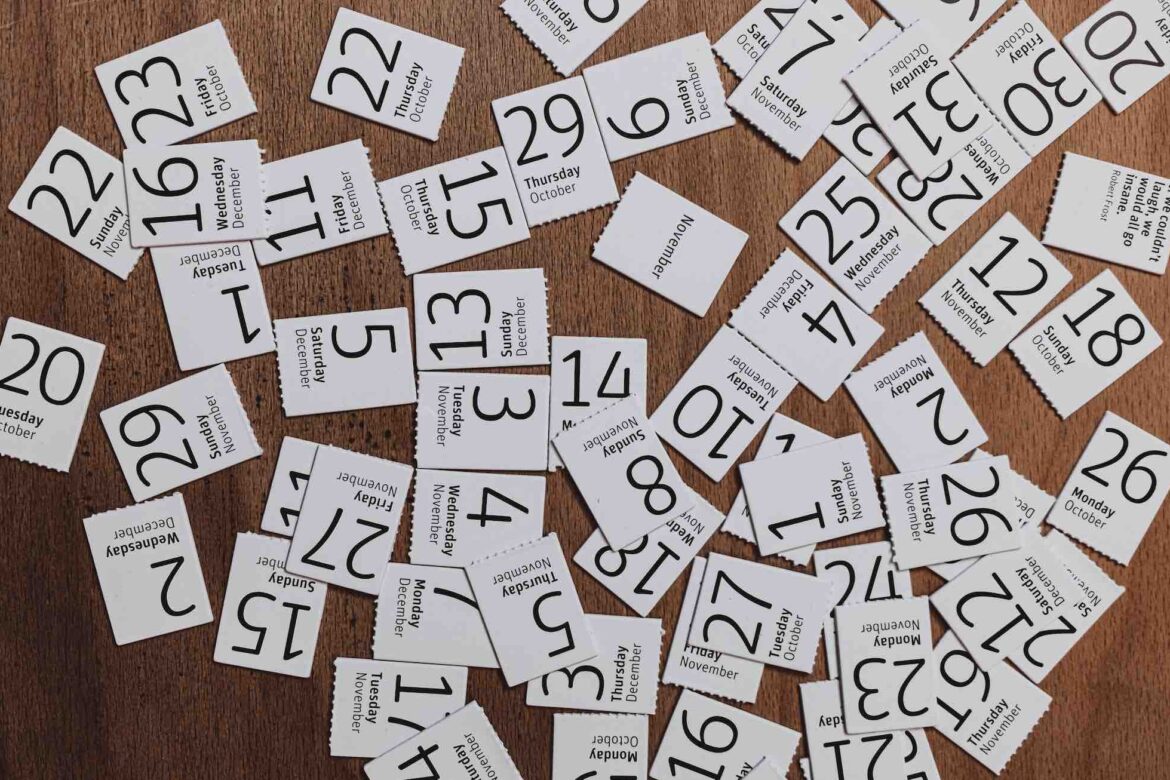Introduction
Project delays have become one of the most expensive and persistent challenges facing construction companies across London. With rising project demands, tight timelines, strict safety regulations, unpredictable labour availability, and increasing competition for skilled tradespeople, contractors are under more pressure than ever to deliver on time and without the luxury of project overruns.
For many firms, the most common root cause of delays isn’t materials, planning, or weather.
It’s labour.
A lack of manpower on critical days, unexpected no-shows, last-minute turnover, and inability to scale quickly for peak periods can bring a project to a halt costing thousands per day and jeopardising relationships with developers and clients.
This is where on-demand labour supply becomes a strategic advantage, not just a staffing option. In this article, we explore how London construction firms can eliminate delays, protect timelines, and keep projects moving by leveraging rapid, reliable, specialist labour supply.
Why Labour Shortages Lead to Costly Project Delays
London’s construction sector is one of the most active in Europe. Between commercial high-rise developments, residential expansions, rail improvements, infrastructure upgrades, and fit-out projects, demand for skilled labour is relentless.
Here are the main reasons firms lose time:
1. No-shows and inconsistent attendance
Even a single missing labourer can delay follow-on trades, create bottlenecks, and force site teams to reschedule.
2. Insufficient manpower for peak phases
Most projects require workforce scaling sometimes doubling for key build stages.
Without flexible labour support, timelines slip.
3. Skills gaps during specialised phases
Mechanical, electrical, groundworks and structural tasks require trained, verified trades. When these aren’t available, progress stalls.
4. Overreliance on internal hiring
Direct recruitment is slow, unpredictable, and full-time overheads aren’t viable for fluctuating workloads.
5. Compliance issues delaying onboarding
Right-to-work checks, CSCS verification and background vetting require time and resource.
The result?
Avoidable delays, frustrated site managers, costly rework and damaged client trust.
What On-Demand Labour Supply Actually Means
Many companies think “on-demand labour” means emergency same-day labourers. But the reality is much more strategic.
On-demand labour supply means:
✔ A flexible workforce available exactly when you need it
Scale up or down for any project phase.
✔ Pre-vetted and fully compliant workers
Saving hours of admin and onboarding delays.
✔ Specialist trades matched to project requirements
From carpenters and plumbers to groundworkers and dryliners.
✔ A single point of contact for rapid solutions
No waiting for ads, CVs, or interviews.
✔ Reduced project risk and improved workflow continuity
Workers are ready to deploy quickly and consistently.
This transforms labour from a vulnerability into a competitive strength.
How On-Demand Labour Fixes London’s Most Common Construction Delays
1. Rapid cover for no-shows
Bond Recruit can supply labourers and trades same-day or within 24 hours, ensuring work doesn’t stop.
2. Scaling teams for peak build stages
Projects with rapidly evolving demands need fast workforce expansion something internal HR can’t achieve alone.
3. Maintaining reliable attendance
Verified, repeat workers build consistency, reducing daily uncertainty.
4. Ensuring the right skills at the right time
This prevents trades from waiting on incomplete work and keeps the build sequence intact.
5. Keeping projects compliant
CSCS, right-to-work, H&S documentation and job-ready checks eliminate onboarding delays.
A Real Example: Keeping a London Site on Schedule
(You would replace this with an internal case study here’s a template.)
A major residential development in East London was falling behind due to labour instability. Bond Recruit stepped in to provide:
- 12 verified labourers within 24 hours
- 4 carpenters and 2 dryliners within 48 hours
- Attendance management and supervisor feedback
- Weekly scaling adjustments based on project phase
Outcome:
The site recovered a full week of lost time within the first month.
Why London Specifically Requires On-Demand Labour Solutions
London is unique because:
- Timelines are tighter
- Projects are larger
- Skilled labour competition is higher
- Worker movement is unpredictable
- Developers expect strict deadline conformity
Construction companies that rely on traditional hiring find themselves falling behind while those using specialist labour supply stay agile.
How Bond Recruit Prevents Delays for Contractors
1. Fast deployment
Workers available same day or next day across all London boroughs.
2. Large pool of verified labour
CSCS-backed, compliant, and immediately deployable.
3. Dedicated account management
One contact who understands your site, build stages and workforce needs.
4. No more workforce guesswork
We maintain standby workers for peak phases.
5. Full compliance handled for you
Saving time and reducing risk.
Conclusion
Construction delays aren’t inevitable. With a reliable on-demand labour partner, London firms can stay productive, protect timelines and avoid costly downtime. As developers push for faster delivery, companies that can adapt their workforce quickly will lead the market.
If your site needs fast, reliable, compliant labour supply, Bond Recruit is ready to deploy.


















